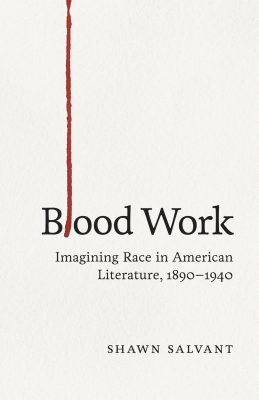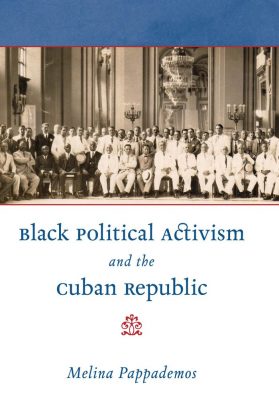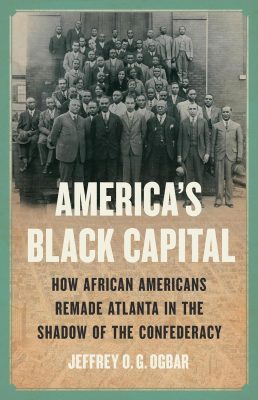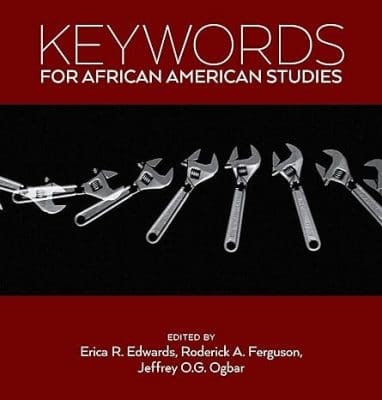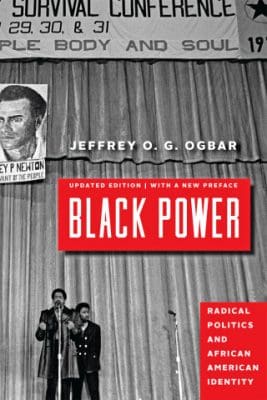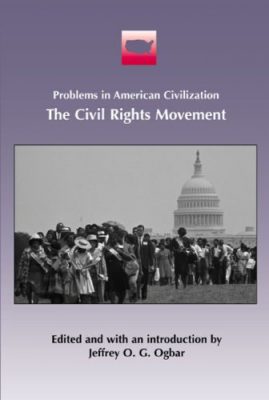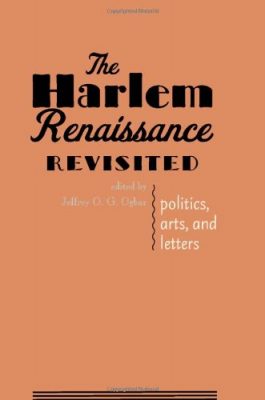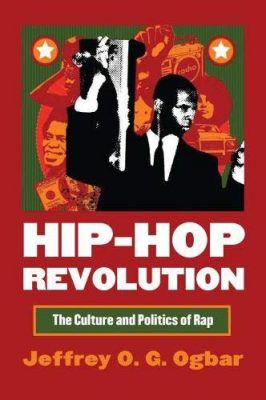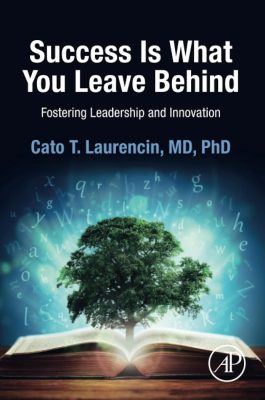Fumilayo Showers (Author)
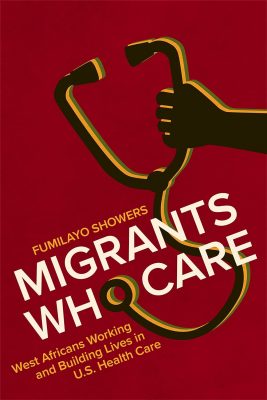
Rutgers University Press, 2023
As the U.S. population ages and as health care needs become more complex, demand for paid care workers in home and institutional settings has increased. This book draws attention to the reserve of immigrant labor that is called on to meet this need. Migrants Who Care tells the little-known story of a group of English-speaking West African immigrants who have become central to the U.S. health and long-term care systems. With high human capital and middle-class pre-migration backgrounds, these immigrants – hailing from countries as diverse as Cameroon, Sierra Leone, Ghana, Nigeria, and Liberia – encounter blocked opportunities in the U.S. labor market. They then work in the United States, as home health aides, certified nursing assistants, qualified disability support professionals, and licensed practical and registered nurses.
This book reveals the global, political, social, and economic factors that have facilitated the entry of West African women and men into the health care labor force (home and institutional care for older adults and individuals with physical and intellectual disabilities; and skilled nursing). It highlights these immigrants’ role as labor brokers who tap into their local ethnic and immigrant communities to channel co-ethnics to meet this labor demand. It illustrates how West African care workers understand their work across various occupational settings and segments in the health care industry. This book reveals the transformative processes migrants undergo as they become produced, repackaged, and deployed as health care workers after migration.
Ultimately, this book tells the very real and human story of an immigrant group surmounting tremendous obstacles to carve out a labor market niche in health care, providing some of the most essential and intimate aspects of care labor to the most vulnerable members of society.
